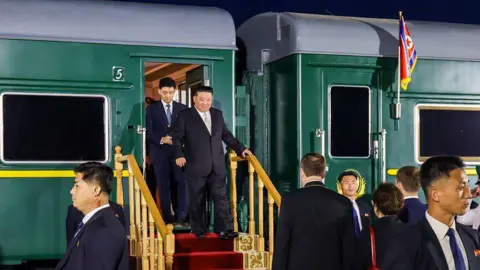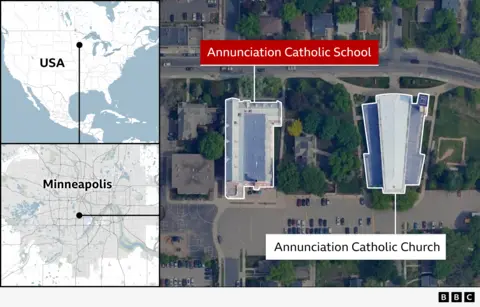The Vatican officially recognized Yuntuan's ministry as compliant with Chinese law, a move praised by Beijing as evidence of the successful implementation of the historic agreement initiated under Pope Francis. As a result of this accord, the approximately 10 million Catholics in China face a dilemma: choose between state-sanctioned churches which are government-approved or join underground congregations loyal to the Vatican. This past Wednesday, the Vatican articulated that the appointment of Yuntuan enhances the dialogue with Chinese authorities and is pivotal for the diocese's unity.
Foreign ministry spokesperson Lin Jian noted that Yuntuan's appointment represents a shared commitment to improving relations between the Vatican and Beijing, signaling a positive response to diplomatic overtures. Michel Chambon, an Asia Research Institute fellow, remarked on this development as a sign of the Pope's intention to foster reconciliation rather than conflict. Historically, tensions have run high since 1951 when China severed diplomatic ties with the Holy See. The situation further deteriorated during Mao Zedong's regime, forcing many Catholics underground until more liberal religious practices emerged in the 1980s.
In a continuing narrative of Vatican-China relations, Yuntuan’s appointment stands as a hopeful beacon for future collaboration.
Foreign ministry spokesperson Lin Jian noted that Yuntuan's appointment represents a shared commitment to improving relations between the Vatican and Beijing, signaling a positive response to diplomatic overtures. Michel Chambon, an Asia Research Institute fellow, remarked on this development as a sign of the Pope's intention to foster reconciliation rather than conflict. Historically, tensions have run high since 1951 when China severed diplomatic ties with the Holy See. The situation further deteriorated during Mao Zedong's regime, forcing many Catholics underground until more liberal religious practices emerged in the 1980s.
In a continuing narrative of Vatican-China relations, Yuntuan’s appointment stands as a hopeful beacon for future collaboration.




















